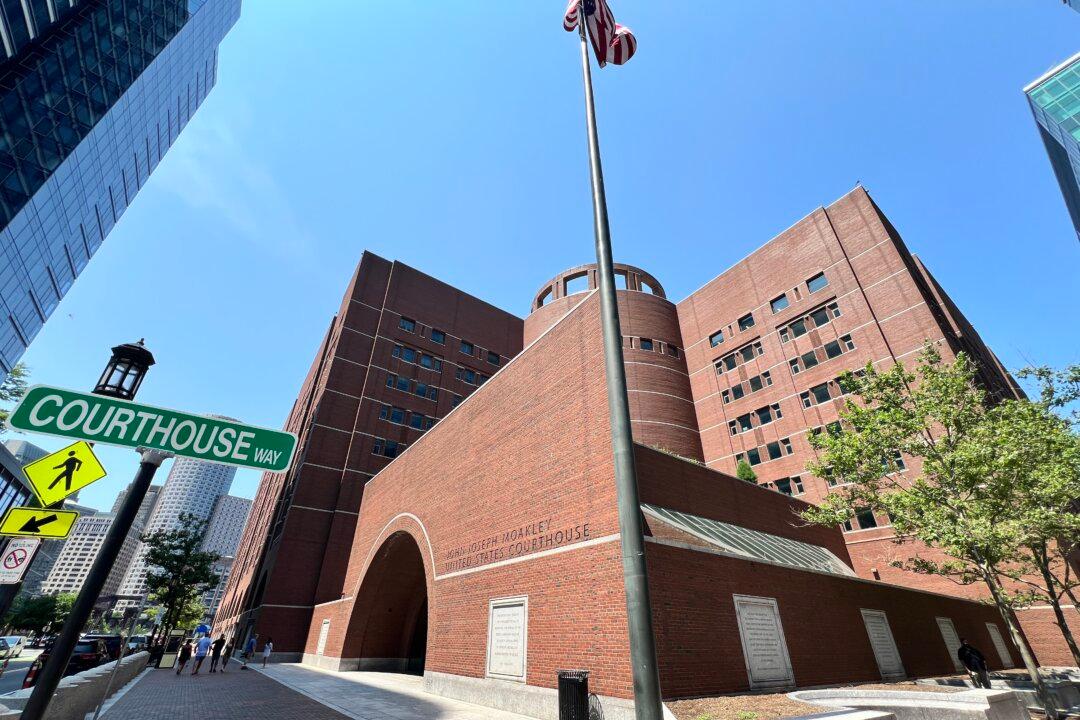A federal court in Boston has denied a local man’s motion to dismiss charges over providing a U.S.-based dissident blacklist to Chinese consulate officials in New York.
A grand jury indicted Liang Litang on May 4, 2023, for conspiring to act and acting as an agent of a foreign government from 2018 to 2022 and doing so without notifying the U.S. attorney general. Notification is required for anyone who acts as a foreign government agent without a formal diplomatic title.



